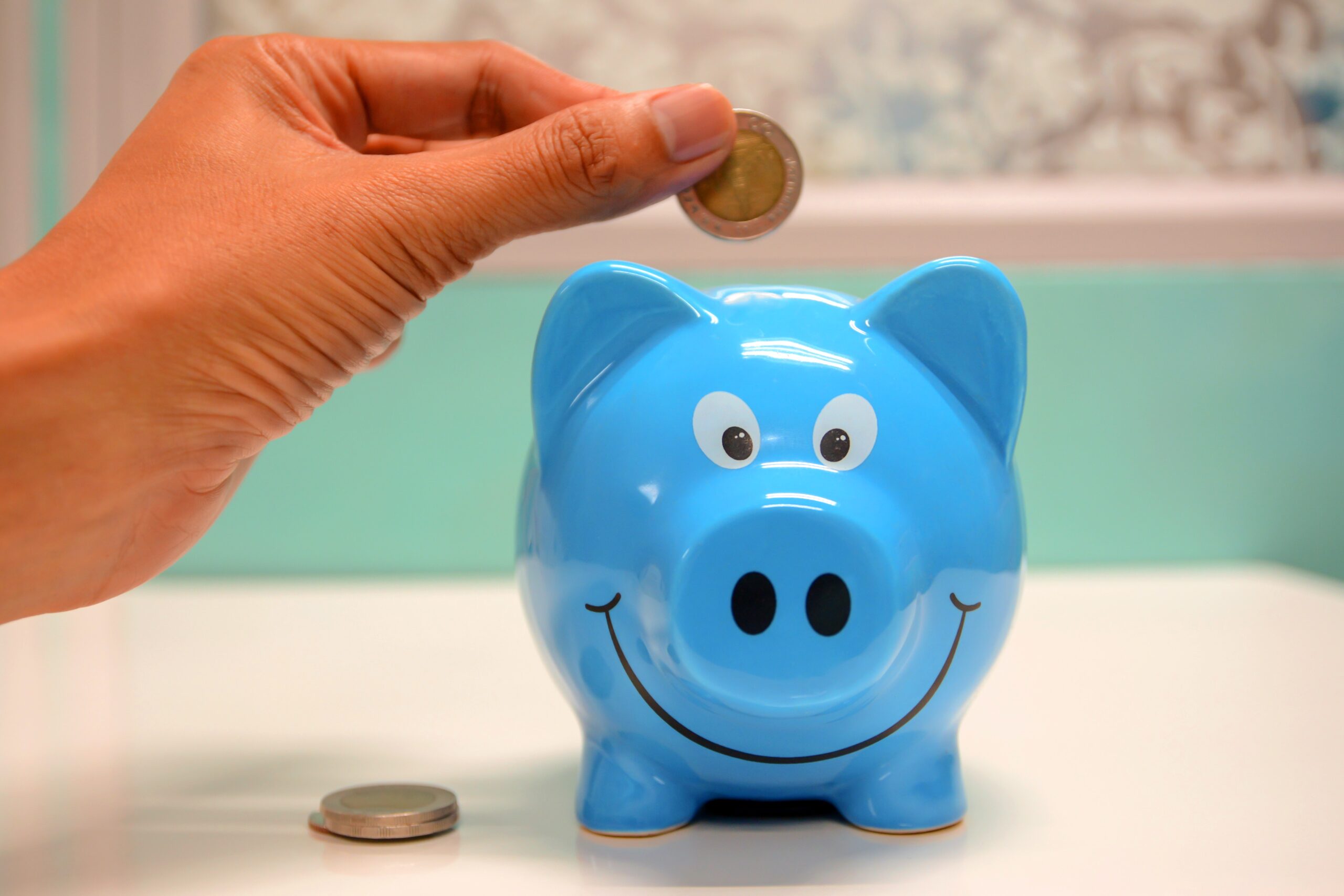
In today’s unpredictable world, it’s more important than ever to have a safety net for your finances. Unexpected expenses, like car repairs or medical bills, can throw a wrench in your budget and leave you struggling to make ends meet. That’s where an emergency fund comes in – it’s a separate savings account that you use only for emergencies. Having some extra funds on hand for emergencies is a critical component of your overall financial well-being, with three to six months of expenses being a common recommendation. For many people, however, that can be an intimidating number, discouraging even the most well-intentioned saver. In this guide, we’ll explore why an emergency fund is important and how you can get started to build one.
What is an emergency fund?
An emergency fund is a savings account that you use to cover unexpected expenses. This account should be separated from your regular savings and used only for emergencies. Emergencies could include medical bills, car repairs, home repairs, or unexpected loss of income due to retrenchment. By having a separate account for emergencies, you can avoid going into debt or dipping into your regular savings.
In general, emergency savings can be used to cover large or small unanticipated bills or payments that are not part of your normal monthly expenses and spending.
Why is an emergency fund important?
Without savings, even a minor financial shock can set you back, and if it turns into debt, it can have long-term consequences.
An emergency fund provides financial security and peace of mind. When you have money set aside for emergencies, you can handle unexpected expenses without worrying about how you’ll pay for them. This can also help you avoid going into debt or relying on credit cards to cover unexpected expenses. Research suggests that most individuals that do not have an emergency fund will often dip into their regular savings or take out loans to cover unexpected expenses, which can put them in a tough financial situation.
How much should you save?
The general rule of thumb is to save three to six months’ worth of living expenses in your emergency fund. However, the amount you need to save will depend on your individual situation. Factors like your income, expenses, and family situation can all impact how much you need to save. Use an emergency fund calculator or excel sheet to determine how much you should save.
If you’re living paycheck to paycheck or don’t get paid the same amount each week or month, putting any money aside can feel difficult. However, even a small sum can provide financial security.
Keep reading to find the most optimal saving strategy that works best for you.
How to build an emergency fund
Building an emergency fund takes time and effort, but it’s worth it in the long run. Here are some strategies for building your emergency fund:
- Automate your savings: There are many different ways to save and setting up automatic recurring transfers is often one of the easiest ways to get started. Start by setting up automatic transfers from your checking account to your emergency fund account. You could also set aside a certain amount of money each day, week, or payday period. Aim for a specific amount, and if you can afford to do more on occasion, your savings will grow even faster.
- Cut expenses: Overspending on unnecessary expenses is often one of the downfalls in building an emergency fund. By cutting expenses, you can potentially increase your savings exponentially assuming the same income. Look for ways to reduce your monthly expenses, such as cancelling subscriptions that you are not fully utilising or cutting back on dining out.
- Increase your income: This is another great way to build your emergency fund faster. There are several ways to do this, such as taking on a side job or freelancing. Consider your skills and interests when deciding what kind of work to pursue. For example, if you enjoy writing, you could offer your services as a freelance writer. Or, if you have experience in a particular field, you could offer consulting services. Another option for increasing your income is to ask for a raise or promotion at your current job. Before approaching your boss, prepare a list of your accomplishments and contributions to the company. Be confident and assertive, but also be open to feedback and negotiation.
- Set a goal and make it a priority: Having a specific savings goal can help you stay motivated. Creating an emergency fund may be that attainable goal that keeps you on track, especially when you’re just getting started. Treat your emergency fund like any other bill or expense. Set aside a certain amount each month and make it a priority.
Where to keep your emergency fund
When it comes to choosing where to keep your emergency fund, it’s important to consider accessibility, interest rates, and fees. You want to choose a place that is easily accessible in case of an emergency, but also earns a decent interest rate and doesn’t charge high fees.
One option is to keep your emergency fund in a high-yield savings account. These accounts typically offer higher interest rates than traditional savings accounts, but they may require a higher minimum balance or have other restrictions. Shop around and compare rates and fees before choosing a high-yield savings account. If you’re living in Singapore, you may want to consider setting up a UOB One Account. It has a highest interest rate of up to 7.8% and its terms and conditions are relatively easy to achieve.
No matter where you choose to keep your emergency fund, make sure to keep it separate from your regular savings and checking accounts. This will help you avoid the temptation to dip into your emergency fund for non-emergency expenses. Also, make sure to review your emergency fund regularly to make sure it still meets your needs and adjust it as necessary
Start an emergency fund now
In conclusion, building an emergency fund is an important step towards achieving financial security. By having a separate savings account for emergencies, you can handle unexpected expenses without worrying about going into debt or dipping into your regular savings. Start building your emergency fund today and enjoy peace of mind knowing that you’re prepared for whatever comes your way.


